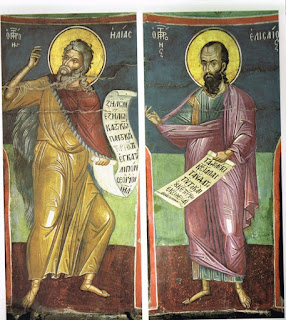The Seventh Sunday after Pentecost, Proper 9, 3 July 2016

The Seventh Sunday after Pentecost, Proper 7, 3 July 2016 Track One: I I Kings 5:1-14 Psalm 30 Track Two: Isaiah 66:10-14 Psalm 66:1-8 Galatians 6:[1-6] 7-16 Saint Luke 10:1-11, 16-20 Background: Aram Our connections to this land are several. It figures into the saga of Abraham moving from Ur of Chaldees across the Fertile Crescent into ancient Canaan. In today’s readings it is the homeland of Naaman, a commander in the army of the King of Aram. The name, “Aram” probably meant “highlands” in contrast to the name Canaan, or “low lands.” It extended from the mountains that marked the border with the areas settled by the Phoenicians, or modern day Lebanon, across to the Euphrates River, or the borders of Assyria. As with most of the states in the Levant, it was subject as a vassal to the more powerful nations to the east, the Neo-Assyrian Empire or the Neo-Babylonian Empire (911-539 BCE). Mentions of the name in various forms dates back to ca. 2300 BCE, ...
